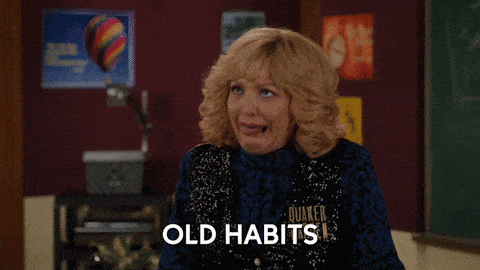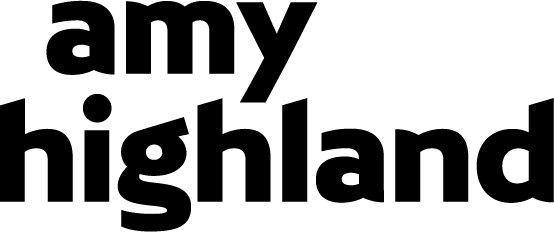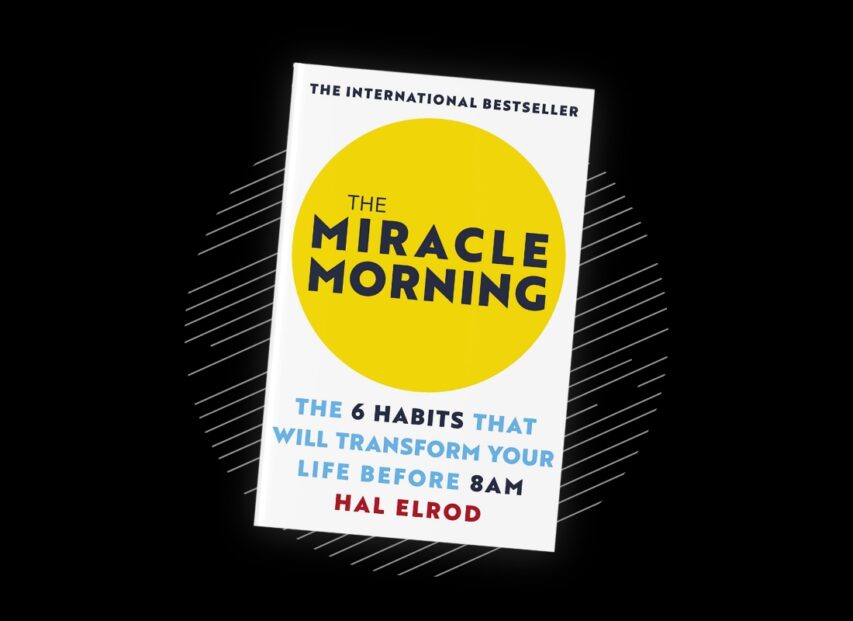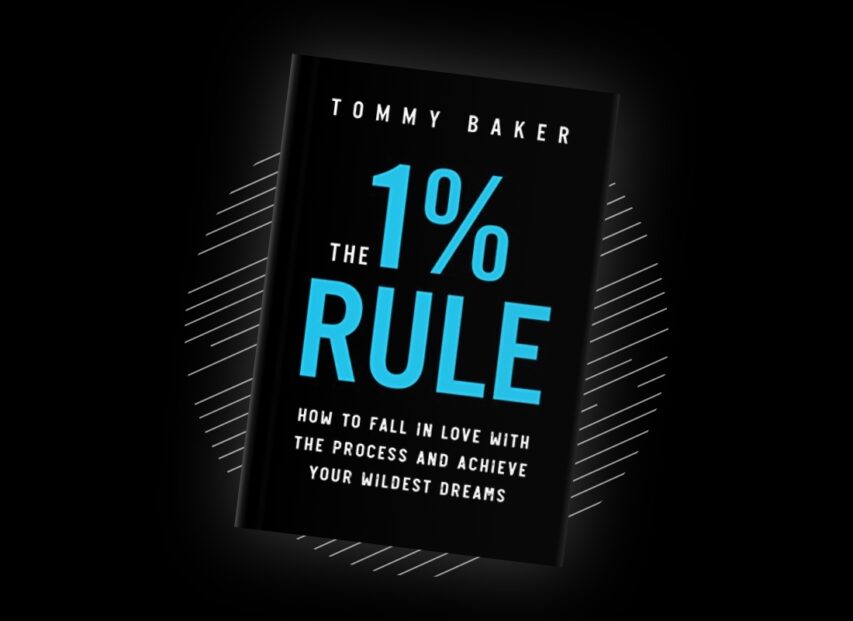Bookshelf:
The Power of Habits
The Power of Habit shows you the power habits have for your life – the impact they have on everything you do as well as how you change them, and the impact they have on your life, business and society.
I think I’m slowly starting to make reading a consistent habit so what better time to read a book…about habits.
The Power of Habit is built around a the argument that: knowing how habits operate is the key to exercising regularly, reducing weight, raising outstanding children (not applicable to myself but hey ho), becoming more productive, developing revolutionary enterprises and social movements, and attaining success.
Easy stuff right? ?
?♀️ Why this book?
This book has always cropped up on my recommended list and I’ve seen a lot of people talk about it. Naturally, as a UX designer I’m fascinated by behavioural understanding and so digging deeper into one of the most powerful of behaviours, habit, seemed super interesting to me. From a personal level, I’m also trying to kick some bad habits to; focus more on exercise and wellness; wake up earlier (see The Miracle Morning post for details); and to study and write more. I’ve noticed how easy it is to let good habits slip and let the bad ones creep in so The Power of Habit checked a lot of boxes whilst reading the blurb!
? What I took from this book
- Removing choice by creating habits allows you to free up your mind for more important decisions and reduces fatigue. Will power is a finite resource. It diminishes over the day.
- You have to be aware of the cues you have in order to change bad habits; the time of day; specific people; sequence of events; a feeling or mood. Create a negative response to your cues, followed by supplementing with rewards in order to promote awareness and delayed gratification.
- You believe because you prove to yourself that something is true. The principles of the Science of Small Wins help you consolidate your belief by continually proving you can succeed and that you’re making progress.
- Be aware of creating accidental punishments in trying to introduce positive habits. For instance, telling yourself you need to run 3 miles in the morning knowing you woke up late and that it’s going to make you have to rush the rest of the morning to get out of the door. The phase ‘if something’s worth doing, it’s worth doing badly’ springs to mind here. That brushing your teeth for 30 seconds is better than not brushing your teeth at all.
- Keystone habits are those which change the way you see yourself (such as exercising) and help you prompt other changes and habits.
- There are four steps to changing your habits:
- Identify the routine
- Experiment with rewards
- Isolate the cue
- Have a plan
? My Top 3 Quotes
- “The difference between who you are and who you want to be is what you do”
- “Champions don’t do extraordinary things. They do ordinary things, but they do them without thinking, too fast for the other team to react. They follow the habits they’ve learned.”
- “Simply giving employees a sense of agency- a feeling that they are in control, that they have genuine decision-making authority – can radically increase how much energy and focus they bring to their jobs.”
? Conclusion
The Power of Habit is a book that I would recommend to anyone who wants to take control over their life. This book has a practical approach to change backed by evidence and research. It applies the principles of habit-formation to a variety of contexts and can be applied to individual, organisational or societal levels. I’m currently reading Tommy Baker’s ‘The 1% Rule’, which delves into consistent improvement, so no doubt there will be a lot that will feed in to building successful methods.
The main thing I’m going to implement from this is the use of tracking negative habits. Seems pretty solid an idea so definitely worth a shot to see if it makes a difference!



